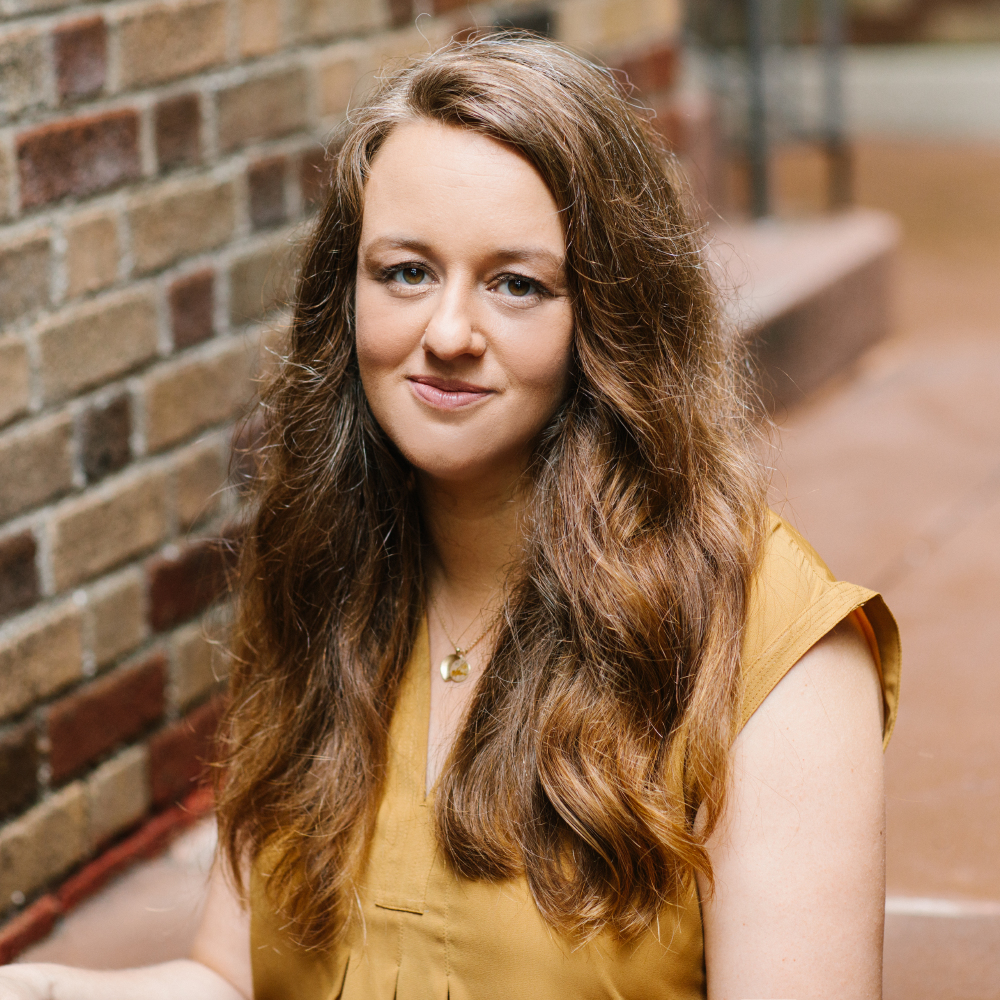When I think about the time I spent writing and revising the stories in Back Talk, I think less of the years they consumed—15 or so, from first draft to final revisions—but of my own evolution as a woman in the world.

Danielle Lazarin
The number is closer to 20 if I account for the years writing stories that didn’t make it into the book but that were my first forays into the questions that Back Talk ultimately centers on: what does it mean to exist in a female body and brain, what stories are we permitted to tell about ourselves in a world that so often doesn’t make space for our stories at all? Those early stories were also about girlhood and family life. They contained the kinds of teenagers I had recently been: secure in my convictions, unafraid to voice my opinion or ask for something I needed. In my 20s though, I began to internalize the voices—some literal, some absorbed from of the omnipotent male gaze of the culture, the worst sort of osmosis—that believed stories of mothers and daughters, best friends, babysitters, sisters, young couples, weren’t quite enough. In the bubbles I operated in—liberal cities, creative writing workshops—I was led to believe that I might tell these stories, but that no one would care, that they were “small” and “domestic.” If they made it to a shelf, it wouldn’t be an important one. I should be grateful just to get to tell them. I should feel that that’s enough.
As I moved into my 30s, as I became a wife, a mother, a neighbor, but remained, as ever, a sister, a friend, a female body, I realized, I cared. I cared about women’s stories, and I thought they were important. What wasn’t enough was the space the culture makes for them or the value it placed on them. Motherhood in particular helped me to think about the through lines of the stories I’d been telling all along about family life and womanhood, about what we want and how we behave in the face of that want. As I talked with other women as we navigated a collective erasure of our selves as complex people with varying wants and flaws into the monolith of a capital-M “Mother,” I began to think about the larger ways women are expected to be selfless, to want to mother at all, and how far that can extend into a larger sense that there was a right way to do anything as a woman.
Through all my own questions of how to make choices as a woman in the world, I’d been guided by the stories women had shared with me. These stories were more complex than the stories I’d heard from mainstream culture, more interesting than what I was expected to reflect back: a steady, unquestionable contentment in family life, self-hatred for my body, secret resentment for other women and judgement of their choices. The story collection came together for me when I shut out those voices I’d listened to for too long over the voices of the very women who taught me how much our stories, at all the stages of our lives, have always been more than enough.

Back Talk by Danielle Lazarin is published by Blackfriars on 17th May

